What data is sufficient to identify the client in the warrant was investigated by the BCU
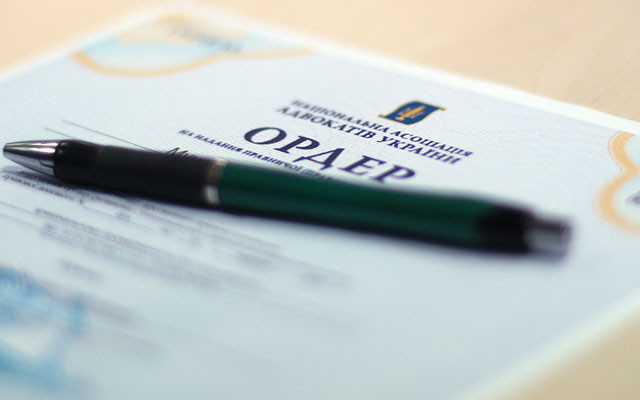
When filling out an order for legal aid, a lawyer, if he or she deems it necessary, may additionally indicate the client's RNOKPP or EDRPOU code as an identifying feature. At the same time, it would be excessive formalism to require this as a mandatory requisite of the order form.
The Bar Council of Ukraine provided such a response to a citizen's proposal to clarify the form of the order for legal aid in terms of the characteristics of the client of legal services.
As a reminder, in accordance with the Regulation on the order for the provision of legal aid, this document of the established form is a proper and sufficient confirmation of the lawyer's authority to act in the interests of the client. One of its requisites is the surname, name, patronymic or name of the person to whom legal aid is provided.
According to the applicant, the disadvantage of this requisite is that the full name or surname does not allow to establish the reliability of information about the customer of the service. Accordingly, doubts arise as to the reliability and legitimacy of the grounds for drawing up and issuing the warrant in general. Therefore, the identifying feature should be the RNOKPP or the EDRPOU code, which would distinguish legal entities with the same name (title).
The citizen considers the reference in the warrant to the details of the legal aid agreement insufficient. After all, the agreement itself, which is the basis for the warrant, is not available for public inspection and depends solely on the lawyer's good faith and is not an absolute guarantee of authenticity, validity and legality.
After analyzing the arguments set forth in the application, as well as the provisions of the Regulation on the Order for Legal Aid, the members of the Bar Council of Ukraine concluded that such formalization was inappropriate, noting that the RNOKPP or the EDRPOU code, if necessary, can be indicated in the order by the advocate independently, if he or she sees the need to clarify the client's identity.
Popular news
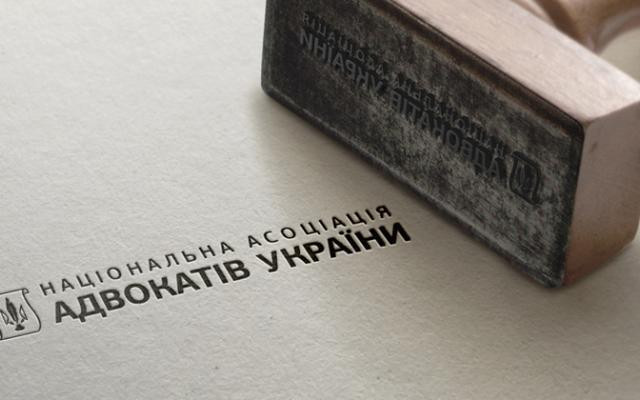
Self-government
The BCU demands a review of the composition of the government working group on reforming the advocacy profession
The President of the UNBA, BCU Lidiya Izovitova, appealed to the Cabinet of Ministers of Ukraine to review the composition of the working group on improving legislation in the field of advocacy and legal practice.

Discussion
Why lowering the age of marriage lacks legal logic
Although until 2012 there was a provision in family law that allowed children to marry from the age of 14 under certain circumstances, its return to Ukrainian law would contradict international obligations and the logic of criminal law.
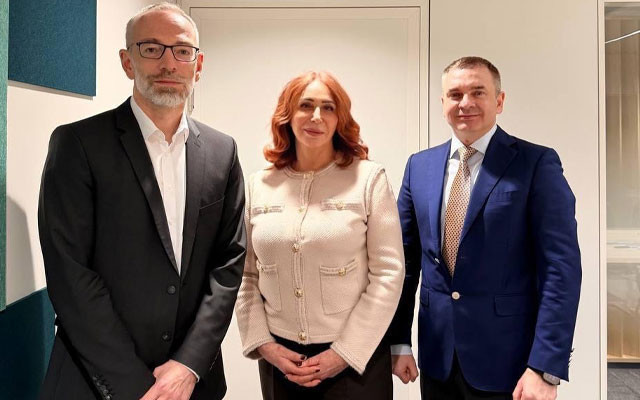
European integration
Open dialogue between the UNBA and the European Commission on the path to EU
The Ukrainian National Bar Association held a working meeting in Brussels with Mr Wolfgang Nozar, Head of Unit for Governance, Rule of Law and Financial Assistance, Directorate-General for Enlargement and Eastern Neighbourhood (DG ENEST), European Commission.

Self-government
A report on Ukrainian advocacy was presented in the European Parliament
Can a shadow report on advocacy replace the political framework of the Roadmap on the rule of law with demands for the restructuring of self-government? Where is the line between accountability and the seizure of institutions? And how can we respond to narratives with data rather than impressions?
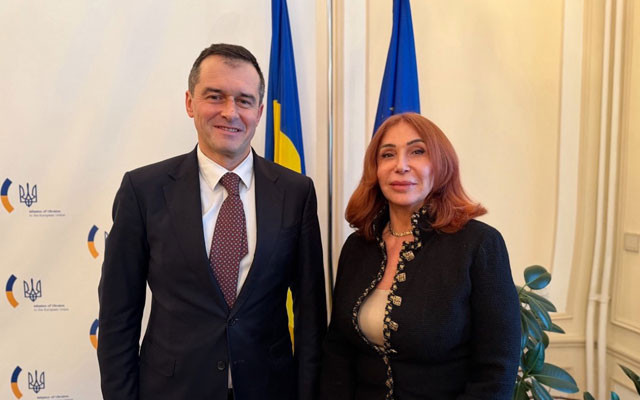
European integration
UNBA and Ukraine's representation to the EU have synchronized their priorities
On February 5, in Brussels, the President of the UNBA, BCU Lidiya Izovitova held a working meeting with the Ambassador Extraordinary and Plenipotentiary of Ukraine, Representative of Ukraine to the European Union Vsevolod Chentsov.
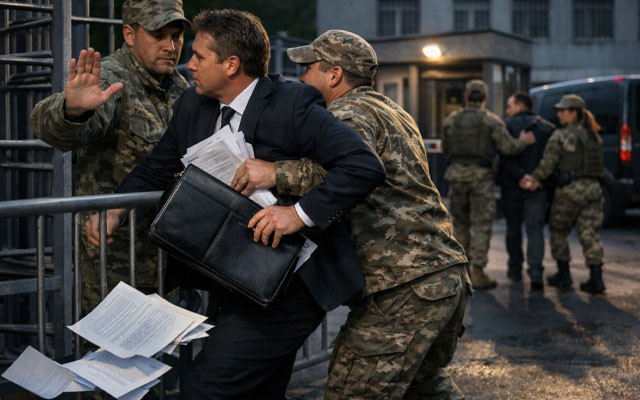
Guarantees of the practice of law
Proceedings opened following attack on advocate in Dnipro
The Committee for the protection of advocates' rights and guarantees of legal practice of the UNBA appealed to law enforcement agencies in connection with an advocate's report of an attack while performing his professional duties. The information was entered into the Unified Register of Pre-trial Investigations and a pre-trial investigation was initiated.
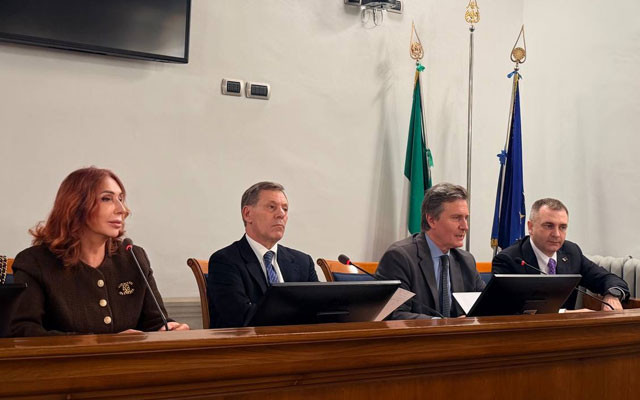
Interaction
«With us — to Europe»: Italian advocacy supports UNBA initiatives
On January 30, a meeting was held in Rome between a delegation from the Ukrainian National Bar Association and the National Bar Council of Italy (Consiglio Nazionale Forense, CNF) on the standards and practices of the legal profession and their significance for Ukraine's European integration process.
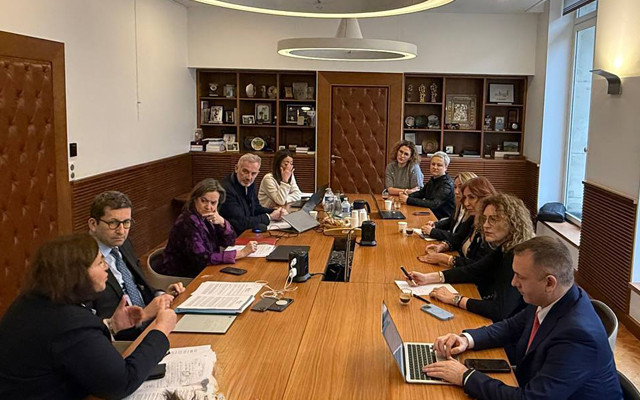
Interaction
France confirms cooperation with UNBA on reforms in the field of the rule of law
On January 29, a working meeting between representatives of the Ukrainian National Bar Association and the French National Bar Council (Conseil National des Barreaux, CNB) took place in Paris.
Publications

Volodymyr Matsko Extradition as a systemic form of rights violations

Victoria Yakusha, Law and Business The anti-corruption vertical cannot «take care» of the Bar as an institution, - acting head of the HQDCB

Censor.net Protecting advocates – protecting justice: addressing concerns about the new law

Ihor Kolesnykov A BRIEF SUMMARY REGARDING THE APPLICATION OF THE ORDER ON EXTENDED CONFISCATION IN LATVIA REGARDING FINANCIAL ASSETS OF…

Valentyn Gvozdiy WORKING IN A WAR ZONE

Lydia Izovitova Formula of perfection

Sergiy Vylkov Our judicial system is so built that courts do not trust advocates

Iryna Vasylyk Advocacy in the proclamation of Independence of Ukraine
